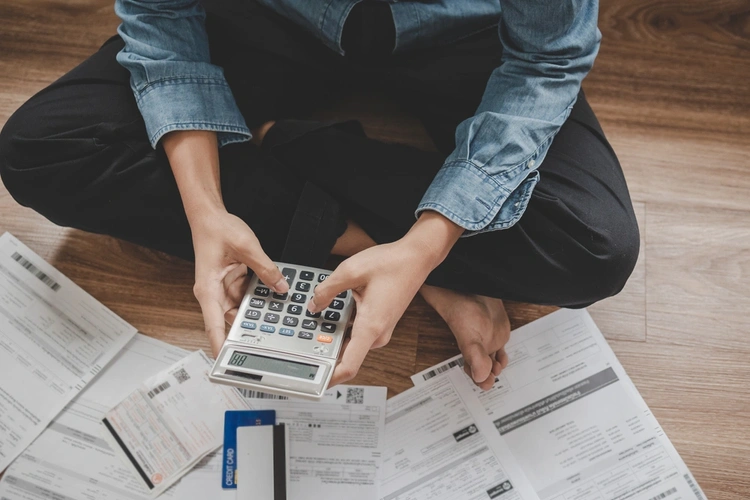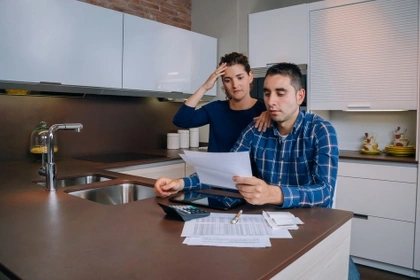What does ‘no credit’ mean?
Having no credit means you haven’t borrowed money before – or there’s not enough information on your credit report to show how you manage money.
This could be because:
-
you’ve never had a credit card or loan
-
you haven’t used credit in a long time
Lenders use your credit report to decide whether to approve your application. If there’s not much there, they can’t see how risky it might be to lend you money.
What is a credit builder card?
A credit builder card is a type of credit card designed for people with no credit history or a low credit score.
It usually comes with:
-
a lower credit limit (often between £200 and £1,200)
-
a higher interest rate
-
basic features (no rewards or cashback)
These cards are meant to help you build up a good track record – so that over time, you can access better deals.
Ocean Credit Card
See if it's a YES before you apply
- Up to £8,000 credit limit
- Checking won't affect your credit score
- Get a response in 60 seconds
Intelligent Lending Ltd (credit broker). Capital One is the exclusive lender.

How to get a credit card with no credit history
If you’ve never had credit before, here are some simple steps to improve your chances:
1. Start with a credit builder card
Look for lenders that accept applicants with limited or no credit history. They may have an eligibility checker you can use before you apply – this gives you a good idea of your chances of acceptance without affecting your credit score.
2. Get on the electoral roll
The electoral roll helps lenders confirm your identity and address. It’s quick to do online on the Gov website.
3. Open a basic bank account
If you haven’t already, open a UK bank account in your name. Using it regularly can help show that you manage money well.
4. Build credit in other ways
You could:
-
set up and pay a mobile phone contract
-
use a rent reporting service to show you pay rent on time
-
pay household bills in your name
What are the risks of using a credit card with no credit?
Getting your first credit card can be exciting, but it’s important to use it carefully. The main risks are:
-
Spending more than you can afford – try to only use it for things you could pay for in cash
-
Missing payments – this can harm your credit score and lead to late fees
-
Paying interest – if you don’t clear your balance each month, interest can build up quickly
Tips for using a credit builder card
To get the most out of your first credit card:
-
Use it for small purchases like fuel or groceries and set aside the same amount of money in your bank account
-
Pay it off in full each month to avoid interest
-
Set up a Direct Debit so you never miss a payment
-
Check your balance regularly so you stay in control
Used wisely, a credit card can help you build your credit score and improve your financial options in the future.
Can you get a credit card with no job?
You might still be able to get a credit card without a job, but you’ll need to show some form of income. Some lenders will accept things like benefits, or a partner’s income if you share finances, however this is not always the case.
Lenders ultimately want to know you can afford to repay what you borrow. If you don’t have a job, it’s important to be honest about your income when you apply.
Getting started with your first credit card
Getting a credit card with no credit is possible – especially if you apply for a card designed for new borrowers. Start small, stay on top of your repayments, and over time you could build a healthy credit score leading to better rates and offers.
Disclaimer: We make every effort to ensure content is correct when published. Information on this website doesn't constitute financial advice, and we aren't responsible for the content of any external sites.






